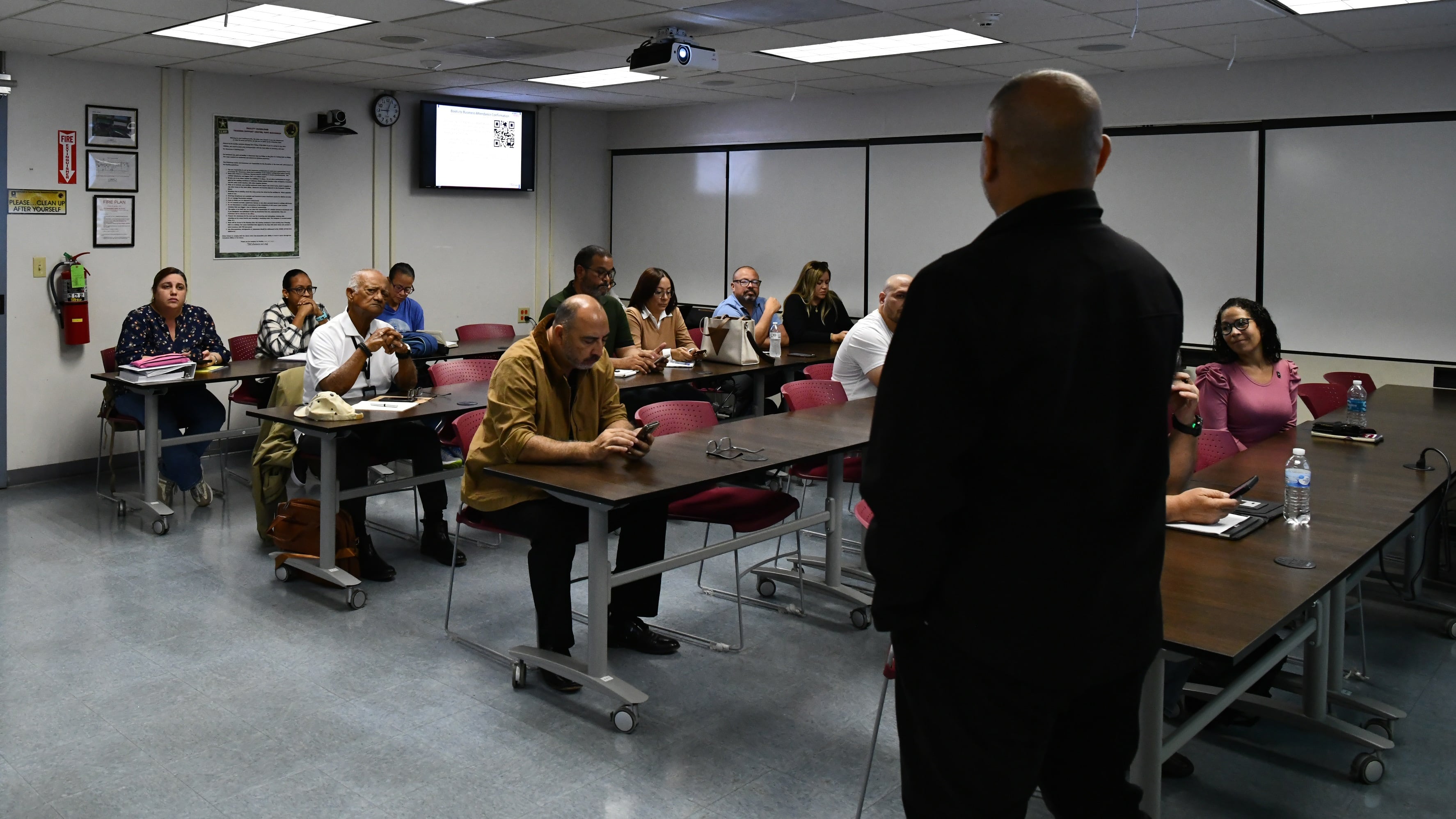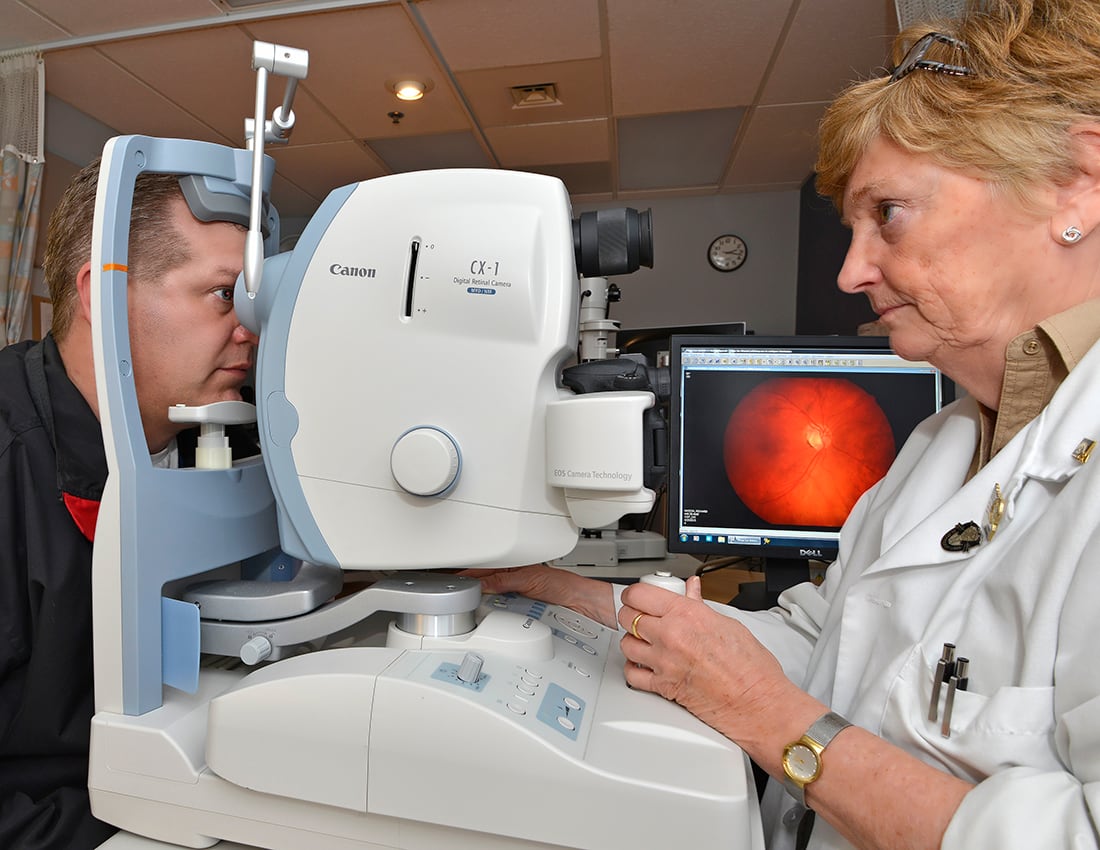Q. I'm a military retiree. My spouse and I have adopted two children in the Philippines who are registered as my dependents for Tricare eligibility purposes. The children recently became ill. In February, one sustained a bad infection that cost me almost $1,000. I submitted his claim twice, and each time Tricare asked for more information. I finally received $162, but Tricare said even more information was needed before it would reimburse the other $813. Then in May, the other child sustained a mosquito bite that caused grave damage — shutting down of major organs, dialysis, lung surgery and more. I submitted a claim May 5 for that bill, which totaled almost $13,500, and still have not received a reply. I have since resubmitted the claim. Why is Tricare making this so difficult?
A. Your struggles are a reflection of a longstanding and serious problem that Tricare has had with health care fraud in the Philippines. This goes back years, it's still not fully resolved, and it may never be. Health care fraud is a huge problem in the Philippines both within and outside the Tricare system.
From 1999 to 2005, dozens of doctors and Tricare beneficiaries were indicted for filing false claims. In April 2008, 17 individuals were convicted for defrauding the U.S. government of $100 million. Still, over the decade from 1999 to 2009, Tricare's annual billed health care services in the Philippines soared from $15 million to $59 million — although the number of beneficiaries barely changed. Tricare in the Philippines also has been hamstrung by outdated provider lists and access issues.
Tricare officials say that the Philippines is especially challenging because it has one of the biggest U.S. military retiree populations of any foreign nation, and that population is spread across remote areas.
All these issues have led Tricare to set its bar comparatively high on claims for care received in the Philippines, and repeated requests for additional detailed information on a particular claim is not at all uncommon.
The latest chapter in this long-running saga opened last year with the launch of Tricare's "Philippines Demonstration Project," the most recent attempt to bring some order to the chaos. In designated demonstration areas, beneficiaries are required to see Tricare-approved providers who have agreed to comply with certain Tricare requirements and business processes in order to receive payment from Tricare for health care claims. More details are here: militarytimes.com/tricare/philippines.
No doubt all of the above is cold comfort to you in pursuing your payment claims on behalf of your children. And unfortunately, in cases such as yours, the responsibility for providing sufficient documentation to support health care claims falls on the beneficiary.
Any claims may be appealed through the Tricare Management Agency. A fact sheet on the process can be downloaded at this link: militarytimes.com/tricare/appeals.
Email tricarehelp@militarytimes.com. Include the word "Tricare" in the subject line and do not attach files. Get Tricare advice any time at www.militarytimes.com/tricarehelp.










